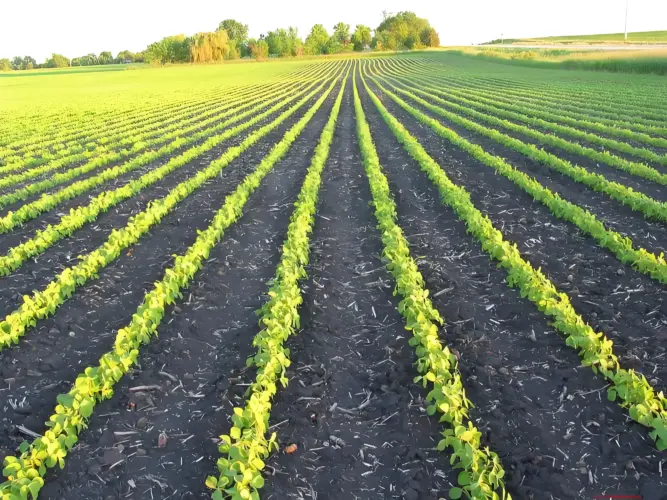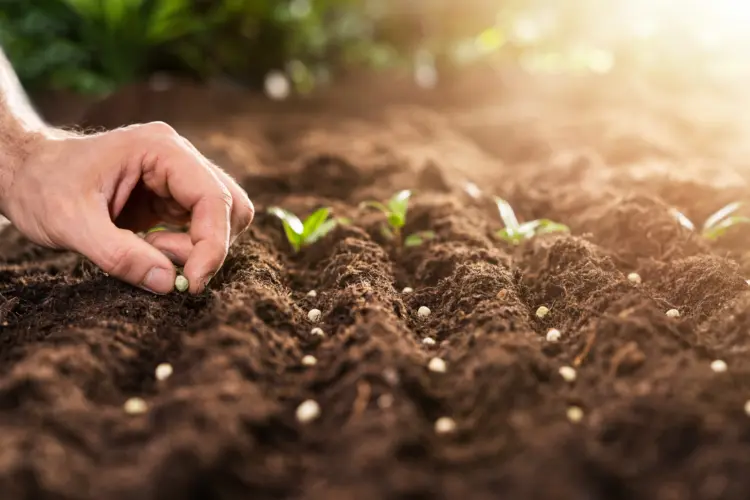Biochar is a stable form of carbon-rich charcoal produced from organic materials through pyrolysis. It is used to enhance soil health by improving nutrient retention, water holding capacity, and increasing microbial activity.
Benefits for Soil and Plants
Improved Nutrient Retention: Biochar’s porous structure holds nutrients in the root zone, reducing leaching and increasing availability.
Enhanced Water Retention: Increases soil’s ability to retain moisture, beneficial in drought-prone areas
Soil Health: Supports beneficial microorganisms, enhancing soil fertility and structure.
Application Methods
Soil Amendment: Mix biochar into the topsoil at rates of 5-10% by volume, either alone or combined with compost.
Compost Enhancement: Blend biochar with compost to improve nutrient content and stability.
Banding: Apply biochar in concentrated bands along plant rows to target root zones.
FAQs
1. How does biochar differ from other soil amendments?
Biochar’s unique structure provides long-term benefits in nutrient retention and soil health, unlike faster-decomposing organic matter.
2. Can biochar be used with all types of fertilizers?
Yes, biochar can complement both organic and inorganic fertilizers by improving nutrient efficiency.
3. How often should I apply biochar?
Biochar is a long-term amendment; apply it every few years, adjusting based on soil testing and specific crop needs.
Incorporating biochar into your fertilizer routine can significantly enhance soil health, providing lasting benefits for sustainable agriculture.






